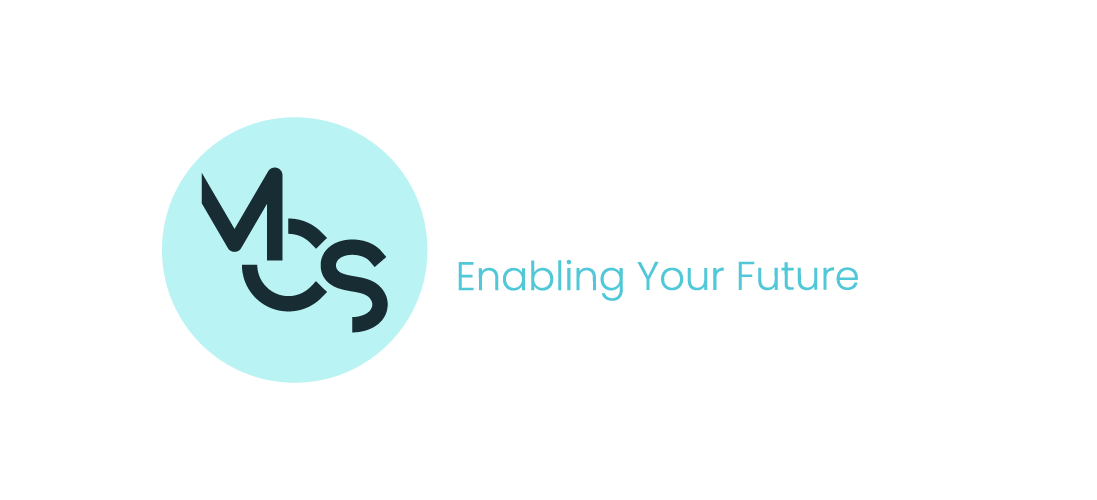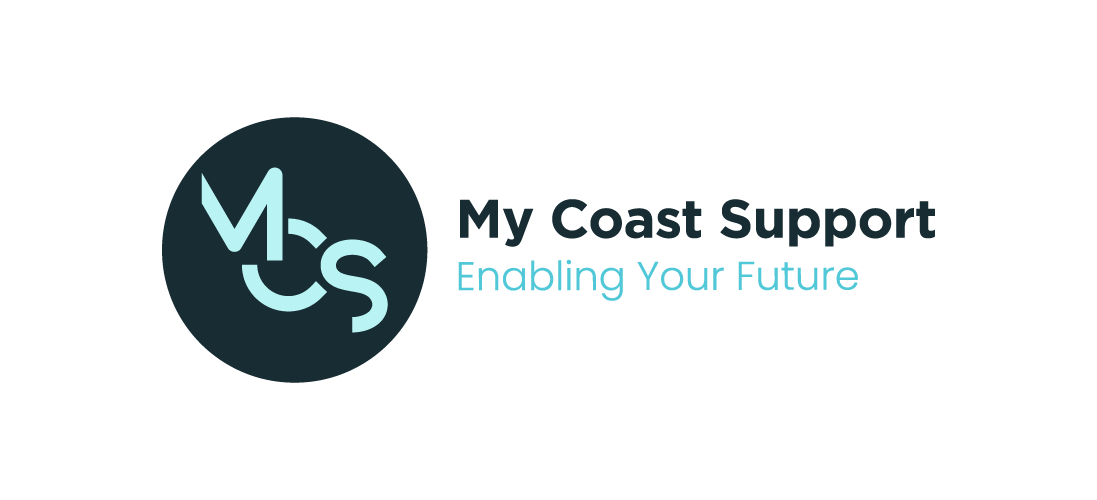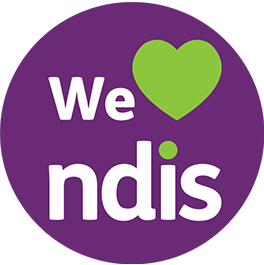What is the NDIS?
In Australia, there are approximately:
4.3 million people
registered as having a disability.
The NDIS (National Disability Insurance Scheme) provides funding and support for those with significant or permanent disabilities in Australia, helping them to lead a more fulfilled, independent life.
Besides financial assistance, those eligible can also receive access to information and services within their community, including support groups, medical care providers, clubs and education. It's important to note that NDIS is a scheme and not a welfare system, improving the lives of those in need rather than simply supplementing their income.
What are the Key Points of the NDIS
The NDIS provides much-needed financial, emotional and physical support services for those with significant or permanent disabilities. Of course, it can be hard to understand technicalities and small print, so the following will help simplify the key points of the NDIS.
NDIS Eligibility
To help you understand whether you are eligible for the NDIS, you will need to complete an eligibility checklist. To be eligible for the NDIS, you will need to answer yes to one or more of the following.
Be Aged Between 7 and 65 Years Old
Live in Australia with Australian Residency
Require support from others due to your disability
Require special equipment due to your disability
Need support to reduce future disability needs

How to Apply for the NDIS
If you are aged between 7 and 65 years old and answered yes to more than one of the NDIS checklist questions, you can continue to make an access request.
There are multiple ways to do this, including by phone, online or at your local NDIA (National Disability Insurance Agency) or LAC office.
When applying for access, you will be asked the following questions:
Identity confirmation
Your age and residency information
Giving consent for NDIS to seek further information from third parties
Information about your disability
The impact your disability BHAs in your daily life
Any other information related to making an access claim
As part of the application, you will be expected to provide evidence of your disability to the NDIA. The evidence supplied should:
Be from your treating health professional dating back more than 6 months
Be recent, confirming your primary disability and any treatments you have had
Describe any expected future treatments and their expected outcomes
Confirms the impact your disability has on your daily life
A complete and filled-in Supporting Evidence Form or medical report from your primary healthcare provider
NDIS Decisions
Once all of the required documents have been received, the NDIA will review your request for access. Your application is then reviewed using the NDIS Act (2013) to determine your eligibility.
It's important to provide everything you are asked for to minimise the risk or any delays or denials due to missing information or evidence. To help with decision making, you may be contacted for further information.
It's important to provide everything you are asked for to minimise the risk or any delays or denials due to missing information or evidence. To help with decision making, you may be contacted for further information.
Once your Access Request has a decision, you'll be advised of the outcome in writing. Should the NDIA feel your needs are best supported by other service systems, you will be notified as part of the final decision.




